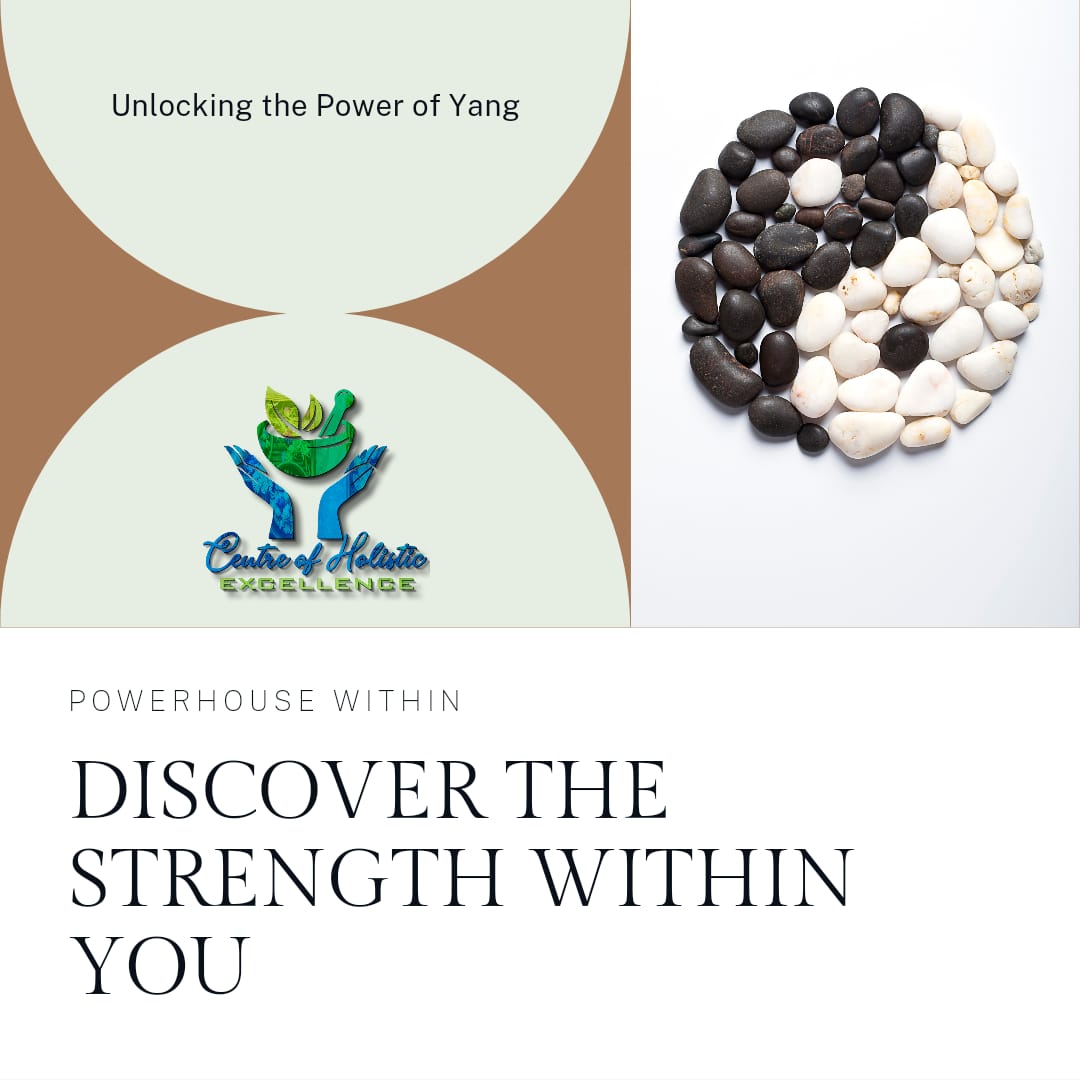
In Traditional Chinese Medicine (TCM), yin and yang represent the fundamental forces that govern all aspects of life and health. While yin embodies the cool, introspective, and calming aspects, yang represents the active, warming, and dynamic energy. Just like day and night, these forces are interdependent and need to be in balance for optimal well-being.
Why is yang so important? Yang acts like the sun to our internal landscape. It fuels our vitality, resilience, and overall zest for life. It governs essential functions like:
What happens when yang is deficient? When yang weakens, it can lead to a cascade of imbalances, both physical and emotional. Some potential consequences include:
Remember, TCM views health holistically. Addressing yang deficiency often involves a combination of dietary adjustments, herbal remedies, acupuncture, and lifestyle practices like exercise and mindful meditation.
Here are some tips to nourish your yang:
By understanding the importance of yang and taking steps to nourish it, you can cultivate a vibrant and resilient inner landscape, fostering both physical and emotional well-being. Remember, consulting a qualified TCM practitioner at the Centre of holistic Excellence can provide personalized guidance for addressing your specific needs and imbalances.
Disclaimer: This information is for educational purposes only and should not be construed as medical advice. Please consult with a qualified healthcare professional for diagnosis and treatment of any medical condition.
Centre of holistic Excellence
Quick links
Help & Info
Working Hours
08h00 to 16h00 Monday to Friday
08h00 to 11h00 Saturday
Contact Us